I was recently made temporarily unhappy by reading 10 books every gamer should read from The Guardian.
Apart from the misleading title, the article is sort of ok in the sense that it presents books that have repeatedly inspired some game designers in creating games, and in this sense it is a historical reconstruction. But looking at literature is a unique opportunity for searching new roads and new ways to get inspired for your game design: so let’s not consider the little world of literature “for games”, but simply intense, inspiring literature!
I give some personal favorites below; I tried to mostly avoid science fiction and fantasy (but not completely) being those genres close to mind set commonplaces that you should probably avoid when creating new games. The infelicitous Guardian article does the very opposite: suggesting to read say The Lord of the Rings, contributes in preserving the mediocrity of the games medium, making games a tool for the stagnation of ideas. Chris Hecker has been eye opening for me in the past.
I’ve hastily put together a very different reading list, that follows.
10 ideas
Lets start from 20th century and contemporary literature. There is a novel I want to single out, its (1) Pedro Paramo: this fragmented narrative that simply cannot be reduced to schemes will drag your soul out and around, will make you sick, and the spring of desperation that this story spits could generate infinitely many original gameplays.
The first is an absolute masterpiece, but one can find many more great works in magical realism, starting from the classic (2) One Hundred Years of Solitude. If you want more action, you could try (3) August by Ruben Fonseca “the brutalist” – literary quality is still very high. And before moving too far, lets not forget the master enchanter, Jorge Luis Borges, say in his (4) Aleph, which I always thought about when playing Ant Attack on the Sinclair Spectrum.
A bridge from South Americans to anglo-saxons – preserving some family traits – is the inexhaustible universe of Thomas Pynchon. Science and history e.g. in (5) Mason & Dixon are there appropriately and inextricably mixed, the perfect source for a game weaver, if only she dares.
Or easier to read but so cool and refined, why not try Murakami, his world so real and still without physical boundaries – why not get inspired for a stealth game? Say from (6) A Wild Sheep Chase, hiding in the ever present and ontologically ambiguous elevators.
 Don’t forget (7) The Road, by Cormac McCarthy, reduced to essential of essentials, moving and mechanically refined. An interesting speculation about making this book a game here (in German): http://videogametourism.at/node/1734
Don’t forget (7) The Road, by Cormac McCarthy, reduced to essential of essentials, moving and mechanically refined. An interesting speculation about making this book a game here (in German): http://videogametourism.at/node/1734
A playful, inspiring author is Michael Chabon, with say (8) The Amazing Adventures of Kavalier and Clay or if you want to go hard-boiled, (9) The Yiddish Policemen’s Union.
And now that we got rid of weak commonplaces with this set of masters, why not a touch of sci-fi? Well then a must read is (10) Solaris, by Stanisław Lem. And if you want the movie, don’t get mixed up with Hollywood junk, get the Soviet original movie.
And beyond
Another different source of chef-d’oeuvres is classical literature: from Dante to Shakespeare, all the themes of the human soul are treated, and all sort of character type. And you can freely use all the texts without the author chasing you for his rights!
Look in this video what these fellows created from Moby Dick. And how much of their game comes from the strenght of Melville’s writings!
History is a good subject for games, and games are good for teaching, re-creating and experimenting with history. Now often historic novels are opportunities for creative approaches to the theme. For the Greeks, check out the well written and funny series on Stephanos, unwilling and not very smart detective, by Margaret Doody.
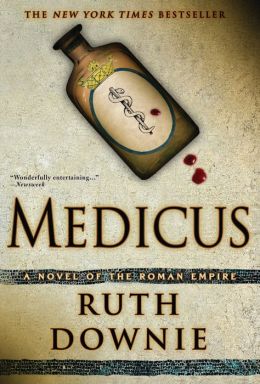
If you want to get inspiration for games dialogues for a Roman game, How to Insult, Abuse and Insinuate in Classical Latin can give you good inspiration.
Changing media language, you could explore Thermae Romae, moving seamlessly between classical Rome and contemporary Japan.
And you could start moving along the boundary between novel and essay – which is full of gems. Start by Measuring the World in the company of Gauss and von Humboldt. Its already a movie: http://www.youtube.com/watch?v=Ej2gyhLRKfY
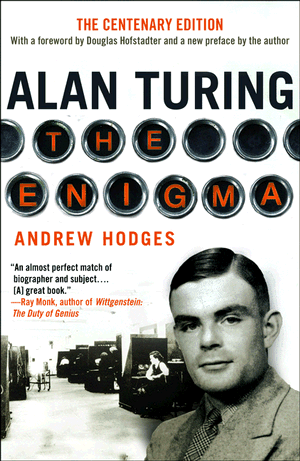 But I know that many of you are geeks, and need the geeky factor: well we are here at your service, with The Alan Turing: Enigma.
But I know that many of you are geeks, and need the geeky factor: well we are here at your service, with The Alan Turing: Enigma.
 To get inspiration for managerial games, consider Freakonomics Why Do Drug Dealers Still Live with Their Moms? The Freakonomists can give you ideas also on prostitutes, naming, and inspiration for games of emergence.
To get inspiration for managerial games, consider Freakonomics Why Do Drug Dealers Still Live with Their Moms? The Freakonomists can give you ideas also on prostitutes, naming, and inspiration for games of emergence.
 Or now that you are on the road of learning (and fun is learning) why not read Jared Diamond Collapse: How Societies Choose to Fail or Succeed, connecting it with Civilization like games? Or The world without us?
Or now that you are on the road of learning (and fun is learning) why not read Jared Diamond Collapse: How Societies Choose to Fail or Succeed, connecting it with Civilization like games? Or The world without us?
But this is just a taste, a infinitesimal fraction of what is there. And not just novels and essays – why not get inspired by poetry, say, by the wonderful poems of Wislawa Szymborska?
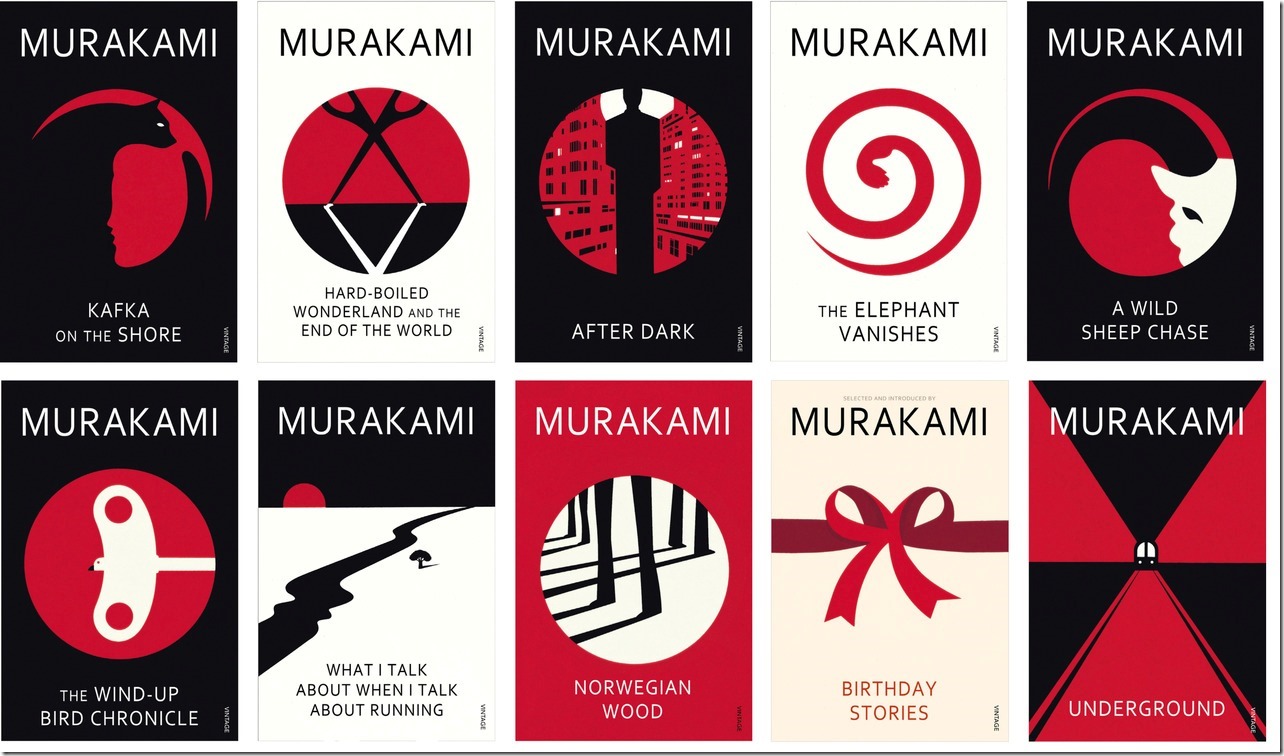


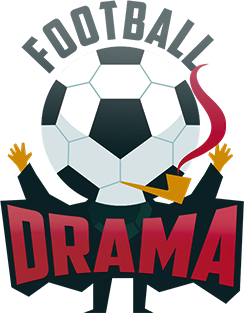




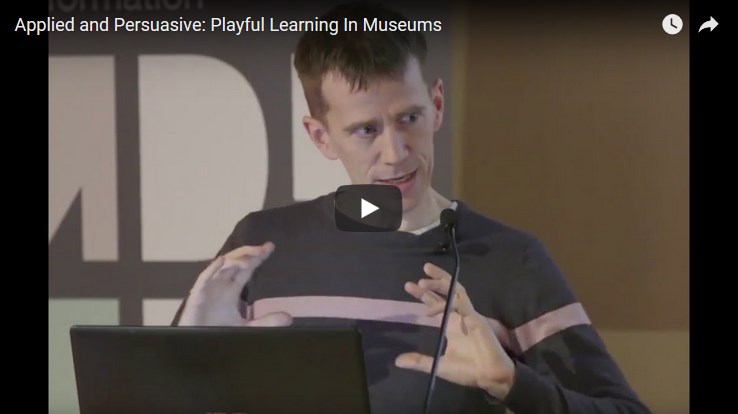


Fantastic article, and I completely agree with the premise. The Guardian’s suggestions for inspiration were but a collection of trite stuff (even if good books to simply read, in some cases), and marked their view of the game medium as very immature. Luckily indie devs seem to show a penchant for going in other, more mature, directions.
I’ll go through this list with care, since I read only few of these books (and have a “history” with Pynchon: I don’t like his Italian translations, but his English is too difficult for me), and am very curious.
A few other books that quickly jumped on my mind (but obviously everyone would put different books – would be nice if every dev wrote his idea of inspiring books):
– Almost everything by García Márquez, since his magical realism is very interesting when related to games
– Casanova’s “Histoire de ma vie”, which is a fantastic look at an age which is usually seen with much more seriousness
– Everything by Philip K. Dick (I can’t believe the Guardian put there Gibson and Heinlein, but not the much more complex and faceted Dick)
– Paul Auster’s “The New York Trilogy”, for a different approach to magical realism than Márquez’s